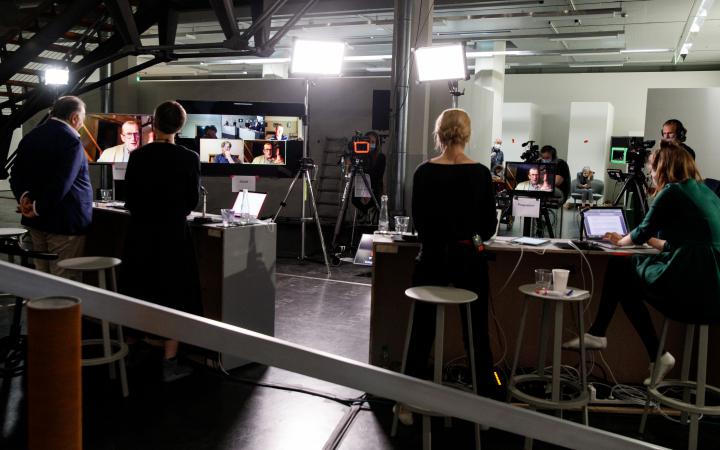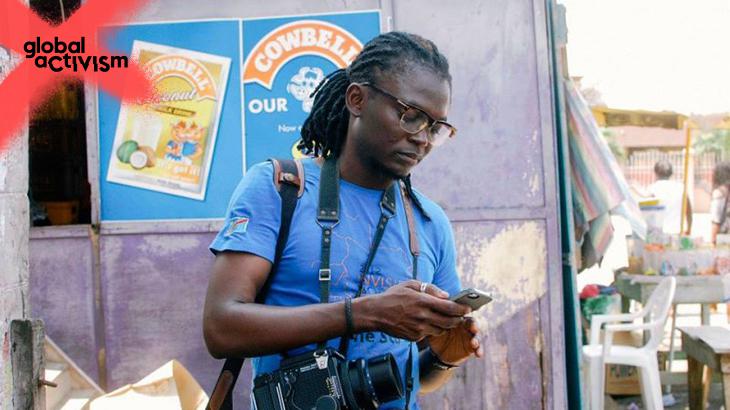
2014-03-27
Refreshing Social Activism
NGOs and aid organizations continue to gear their funding policies to projects that claim to seek or proffer solutions to social disorder, especially as it relates to war, sexism, gender injustice, human rights, and all other kinds of rights. Their approach is one that relies heavily on the helper/helped formula, one which proposes that the Western world ought to have at least enough of a conscience to be sensitive to the plight of the rest of the world. It equally suggests that since poverty and other kinds of social ills seem to exist in an insignificant proportion (a hypothesis I only consider for the purpose of making my point here), it has given the West the upper hand in the positioning of the world’s moral standard such that their approach to its application ranges from genuine good intentions to crude subjugation and exploitation of the developing countries. The paradox, then, is that through these same channels of aid and defence of social justice, human rights are violated the most. To avoid the risk of digressing even before I begin, I will leave this conversation as it is with hopes of reconnecting with it down the line.
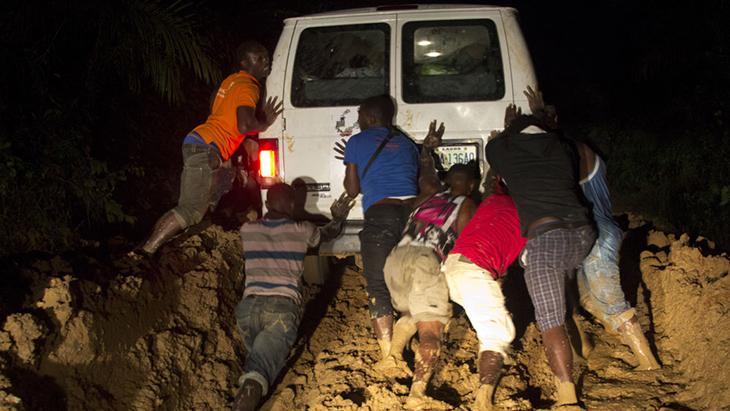
Some four years ago, a group of artists from Nigeria came together to initiate the project currently known as The Invisible Borders Trans-African Project. These artists – mainly photographers – aimed to ignite conversations around the many cracks left on the surface of Africa by the gluttonous scramble by Europe 129 years ago. The aim of the artists was not to indulge in the usual rigmarole around the same discourse and point the finger at the perpetrators of colonialism, but rather to find the way forward by learning from the past. The Invisible Borders Project hinges on the premise that the scramble for Africa ruptured the relationship between tribes and peoples of the continent, which led to the downward spiral still experienced today. Therefore, if we seek to discuss the progress of the continent in any pragmatic terms, we must first address this rupture and find ways to transcend its constraints
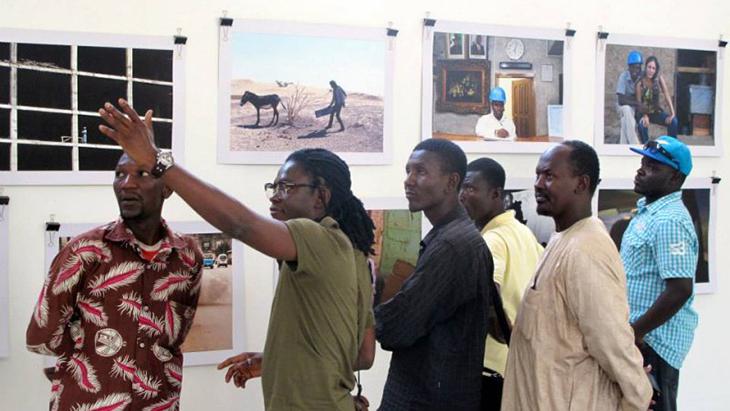
As image makers, the artists of Invisible Borders believe they can, through their respective medium, begin consciously to reconstruct the perception of the continent and its people. Let us not forget that though the plight of Africa is real and, truth be told, tragic, its representation by the West through its most potent tool – the media – is designed in such a way as to furnish the West with a perpetual moral reason to engage with Africa as a negation of the West. As long as Africa continues to rely on the benevolence of the West, Africa will always remain the useful antithesis of the West. Africa will continue to be a place where the West comes to test the intensity of its guilt or gauge the level of its humaneness besides seeking more greener pastures and salty waters to exploit. It is this phenomenon that underpins the over-emphasis placed on the misfortunes of Africa, shrouding many stories of accomplishments and positive outcomes, which are in reality very common in the everyday lives of the people. This has lead to the limitations by which Africa is defined today
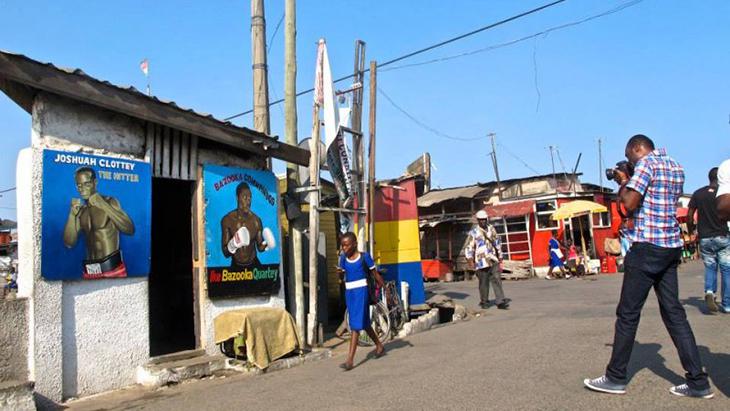
Considering the above, a fresh approach towards social activism would be look inwardly – by Africans themselves – and begin to engage with that unbridled energy exuding from the current generation, placing emphasis on its positive attributes. We must assign value to the many ingenuous methods that the average person applies in order to work around the limitations of their everyday lives, rather than over-flogging the limitations. There is a very thin line between fighting for social justice and the consumption of others’ misfortune. One must be conscious of where to stand in this regard.
Further information on: www.global-activism.de
About the author
Emeka Okereke, born in 1980, is a Nigerian photographer who lives and works in Africa and Europe, moving from one to the other on a frequent basis. He first discovered photography in 2001. He is a member of the Depth of Field (DOF) collective, a group of six Nigerian photographers.
Currently, his works oscillate between photography, poetry, video, and collaborative projects, and deal primarily with issues of coexistence (beyond the limits of predefined spaces), otherness, and self-discovery. He organized the first ever photographic exchange projects between a school in France and one in Nigeria, namely, the Fine Art School of Paris and Yaba College of Arts and Technology in Lagos. He is the founder and artistic director of Invisible Borders Trans-African Photography Project, an annual photographic project that brings together up to ten artists from Africa in a road trip across Africa. The next, fifth edition of the project, from June 2 to October 31, 2014, will be a transcontinental road trip through 21 countries, from Lagos to Sarajevo.

